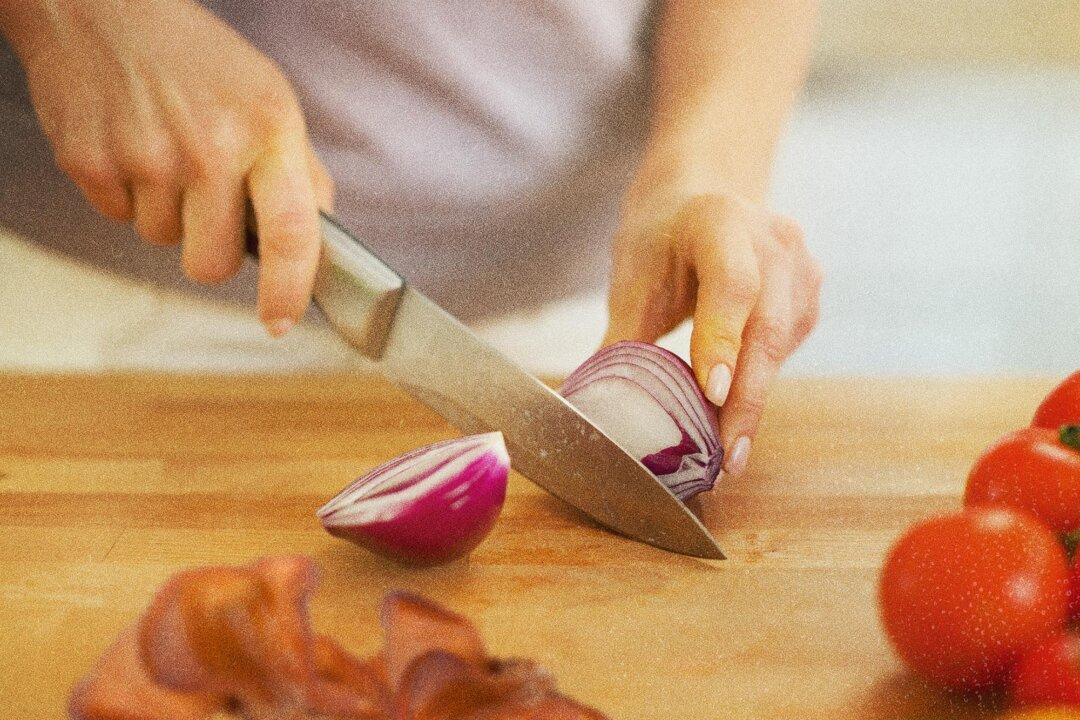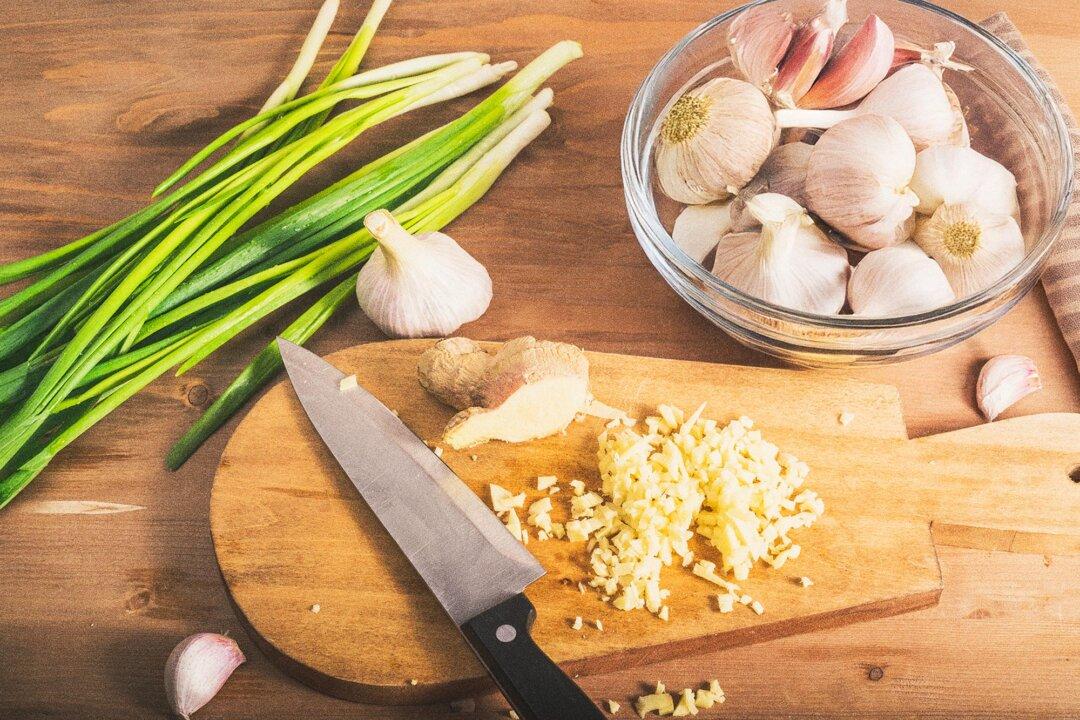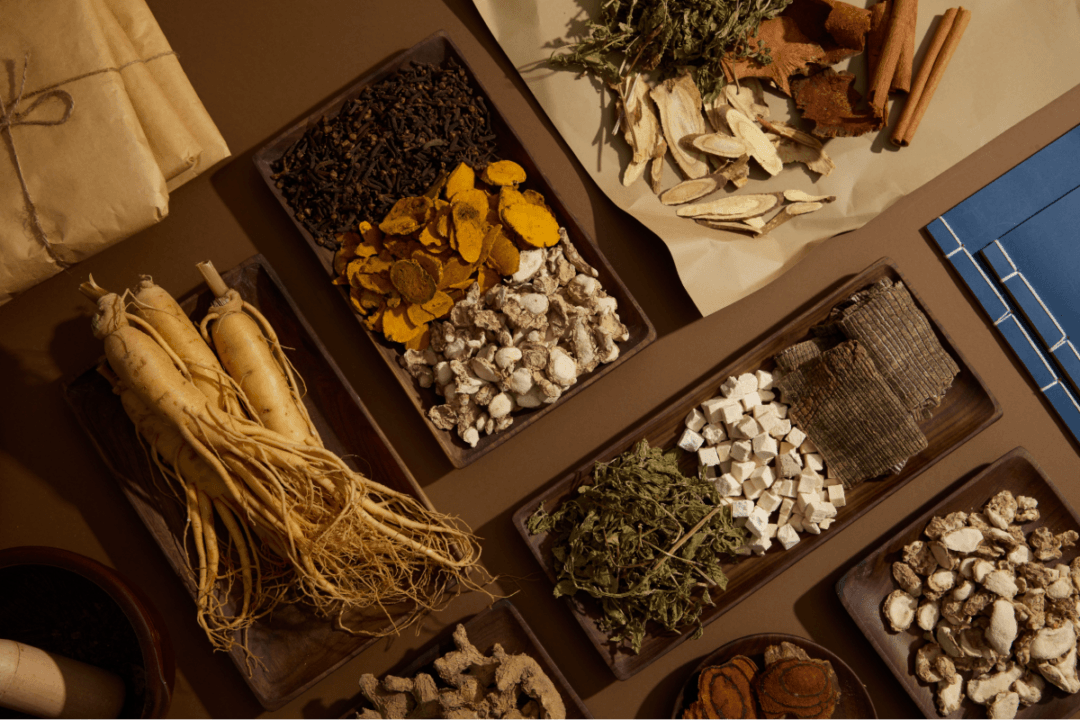One of the greatest gifts of our planet is water. Water is the source of life and a vital element of good health for all of earth’s inhabitants and its environments.
Drinking water has many obvious benefits. However, drinking too much water can cause water intoxication and include symptoms such as dizziness, vomiting, and other complications. During the heat of summer, what type of water and how much of it should we drink?
4 Tips for Drinking Water and Staying Hydrated
It is important to observe the following guidelines for drinking water.1. Drink Warm Water
Warm water is closer to body temperature and will not cause additional burdens on the body. Drinking either too cold or too hot water can easily aggravate the gastrointestinal tract.2. Hold Water in the Mouth for a Moment Before Swallowing
When drinking water, keep it in your mouth for a while, and then swallow slowly. This will keep the water temperature closer to that of the mouth—not too cold or too hot. In doing so, it will also relieve dry mouth and bad breath and keep you from drinking too fast or too much.3. Drink Tap or Mineral Water Rather Than Purified water
Purified water, such as reverse osmosis, distilled, and deionized are all treated, thus lacking in minerals required by the human body. If you drink purified water long-term, it will affect the balance of minerals in your body.4. Avoid Drinking Ice-cold Water After Exercise
The TCM classic, “Treatise on Febrile Diseases” pointed out that “after sweating, drinking a lot of water will cause panting, and irrigated with cold water will cause the same.” This means that after sweating heavily from exercise, sudden drinking of ice-cold water or taking a cold shower can cause difficulty in breathing.One Decoction Moisturizes Intestines and Nourishes Kidneys
“Supplementing water” in TCM often refers to “water tonifying the kidneys,” and not just the act of drinking water. According to the theory of the five elements, the kidneys correspond to water in the five elements of gold, wood, water, fire, and earth.Although some people drink plenty of water, their bodies still lack its benefits. This may be due to insufficient energy in the spleen and kidneys, resulting in impaired digestion and excretion. According to the viscera theory of TCM, the spleen and kidneys are responsible for water metabolism. Therefore, to replenish water in the body, we must first replenish the spleen and kidneys.
How do we replenish the water in organs, tissues, and cells? There is one prescription in TCM called “Zeng Ye Tang (Humor-Increasing Decoction),” which is used to replenish the water in the final section of the intestines and help the stool to pass through smoothly.
Clinical studies have confirmed that in addition to treating constipation, Zeng Ye Tang can also improve symptoms of dry mouth and dysphagia in cancer patients undergoing radiotherapy.

- 40g (1.4 ounce) Scrophularia ningpoensis
- 40g (1.4 ounces) Ophiopogon japonicus
- 25g (0.9 ounces) fine Rehmannia rhizome
- 1600cc (3.4 pints) water
- Thoroughly wash the medicinal ingredients before cooking to ensure cleanliness and remove any impurities.
- Place the washed medicinal ingredients into the inner pot of a rice cooker.
- Add enough water to the inner pot, ensuring that the water level is approximately 2 cm above the ingredients.
- Cook the ingredients in the rice cooker until they reach a boiling point and steep for around 30–40 minutes.
- Allow the mixture to cool before serving.
Boiled Water Is the Body’s Best Friend
Drinking water has many benefits—from aiding elimination and detoxifying to refreshing and enhancing memory. We must develop the habit of drinking enough water every day, and it is best to drink plain boiled water.Other Beverages Are Not a Replacement for Water
People who don’t like boiled water but drink other beverages should not completely replace water with those. Long-term consumption of beverages such as various juices, soft drinks, and alcoholic drinks is not good for your body. It is recommended to drink one glass of plain boiled water after each other beverage.Add Lemon to Plain Boiled Water
If you feel that boiled water is simply too plain, you can always add a little lemon juice or a sliced lemon to it, which can add flavor and also provide vitamin C.Morning Hydration Improves Skin Rashes and Constipation
Water aids bowel movements and also aids in detoxification. If you drink too little water, it can cause constipation and your body will not be able to metabolize normally.Some doctors recommend drinking a glass of warm water after getting up in the morning to serve as a laxative and moisten the intestines. This is great for people who often suffer from constipation. It is recommended to drink about 6.8 fl. ounces (200cc). You can also eat a bowl of porridge, which is also good.
Drink Water While Working to Refresh the Mind
Lack of water in the body can affect concentration, memory, speed of reaction, and cause people to feel depressed. A study published in “Medicine & Science in Sports & Exercise” in 2018 found that losing water in the region of 2 percent of body weight can impair cognitive abilities, especially attention, execution ability, and mobility coordination.Drinking Water Reduces Kidney Stone Risk
Moderate drinking of water is indeed beneficial for overall health and plays a crucial role in maintaining proper bodily functions.Drinking an adequate amount of water can also have a diuretic effect, meaning it promotes urine production and helps eliminate excess fluid from the body. Additionally, water acts as a solvent, which means it can dissolve various substances in the body and aid in their excretion. This includes waste products, toxins, and certain substances that may accumulate in the body.
Ancient Prescriptions Using Water to Treat Disease
Water is known as the king of all medicines. TCM ancients believed that different water sources have different medicinal properties and efficacy.They divided water into heaven-water and groundwater. Heaven-water refers to that which falls directly from the sky, such as rain, dew, frost, and snow. Groundwater refers to water that flows or accumulates on the ground, such as rivers, seas, wells, and springs. The ancients believed that there were 13 kinds of heavenly water and 30 kinds of groundwater—each with its own taste and characteristics that would produce different effects after entering the human body.





